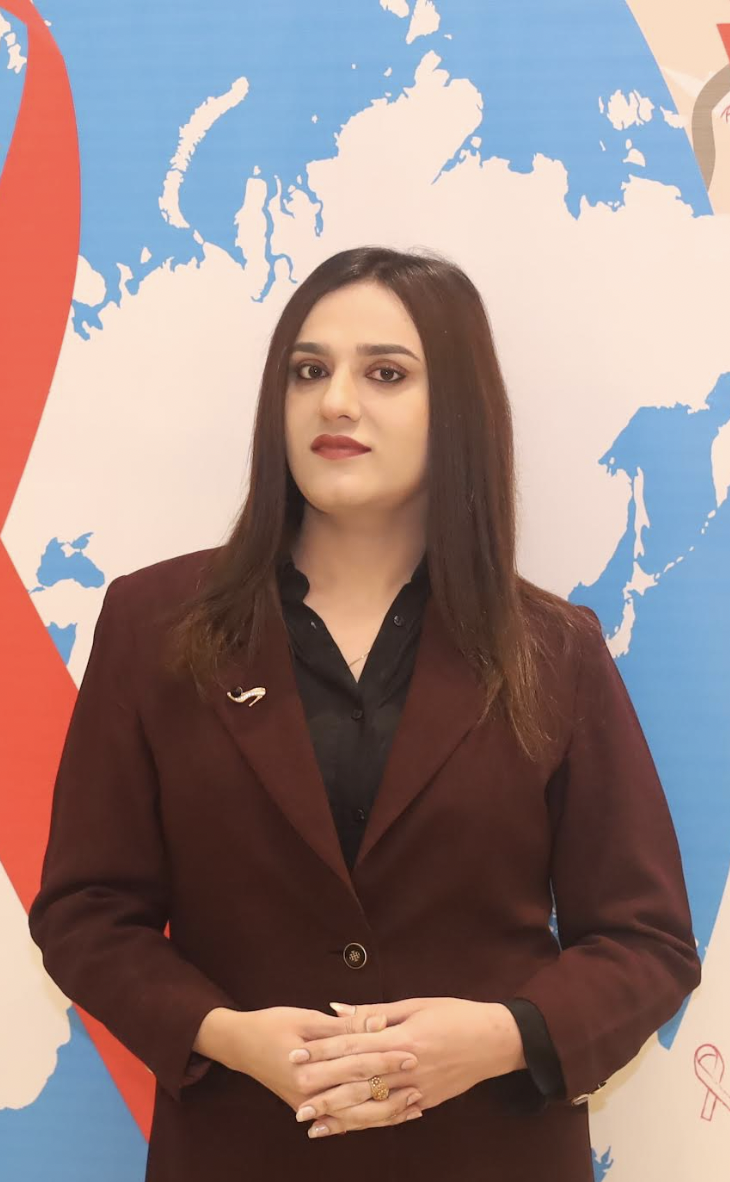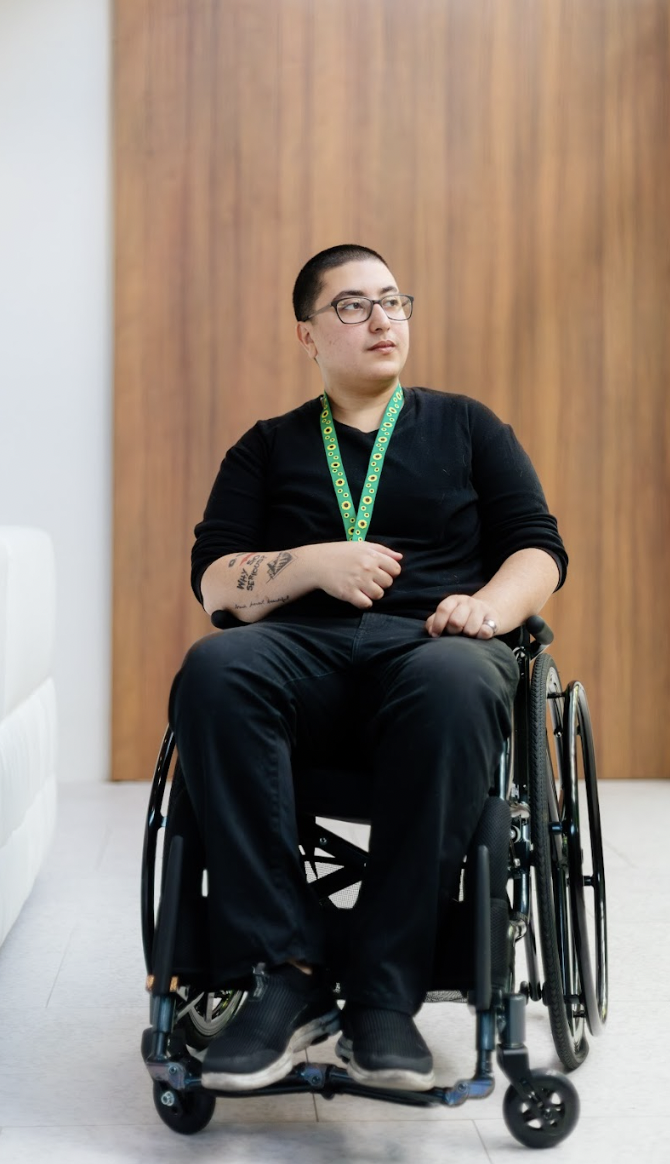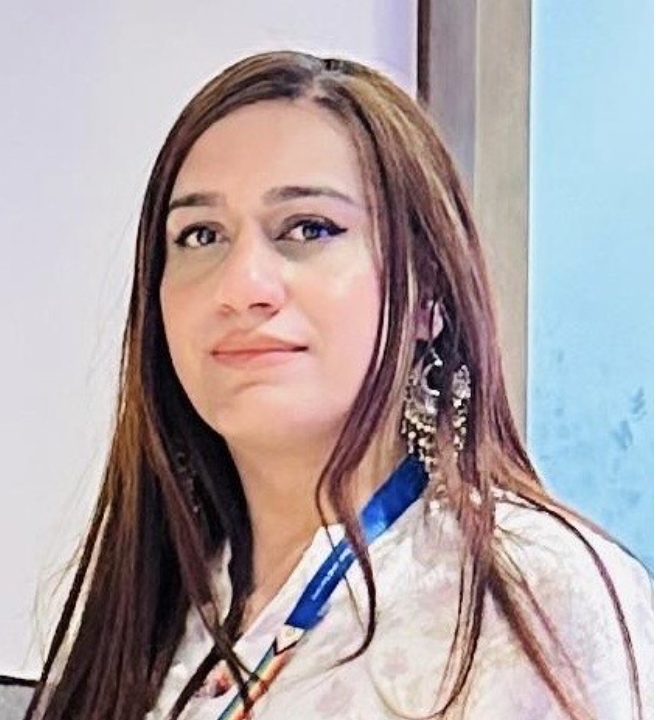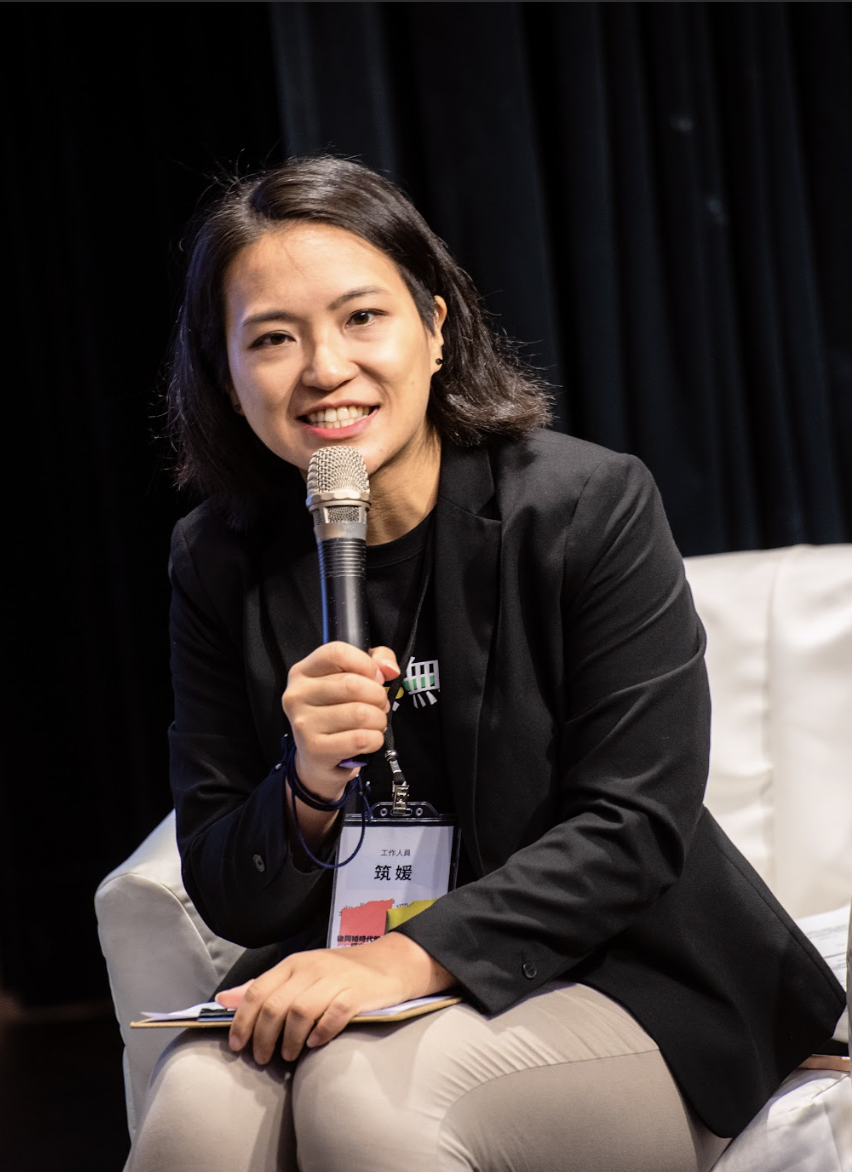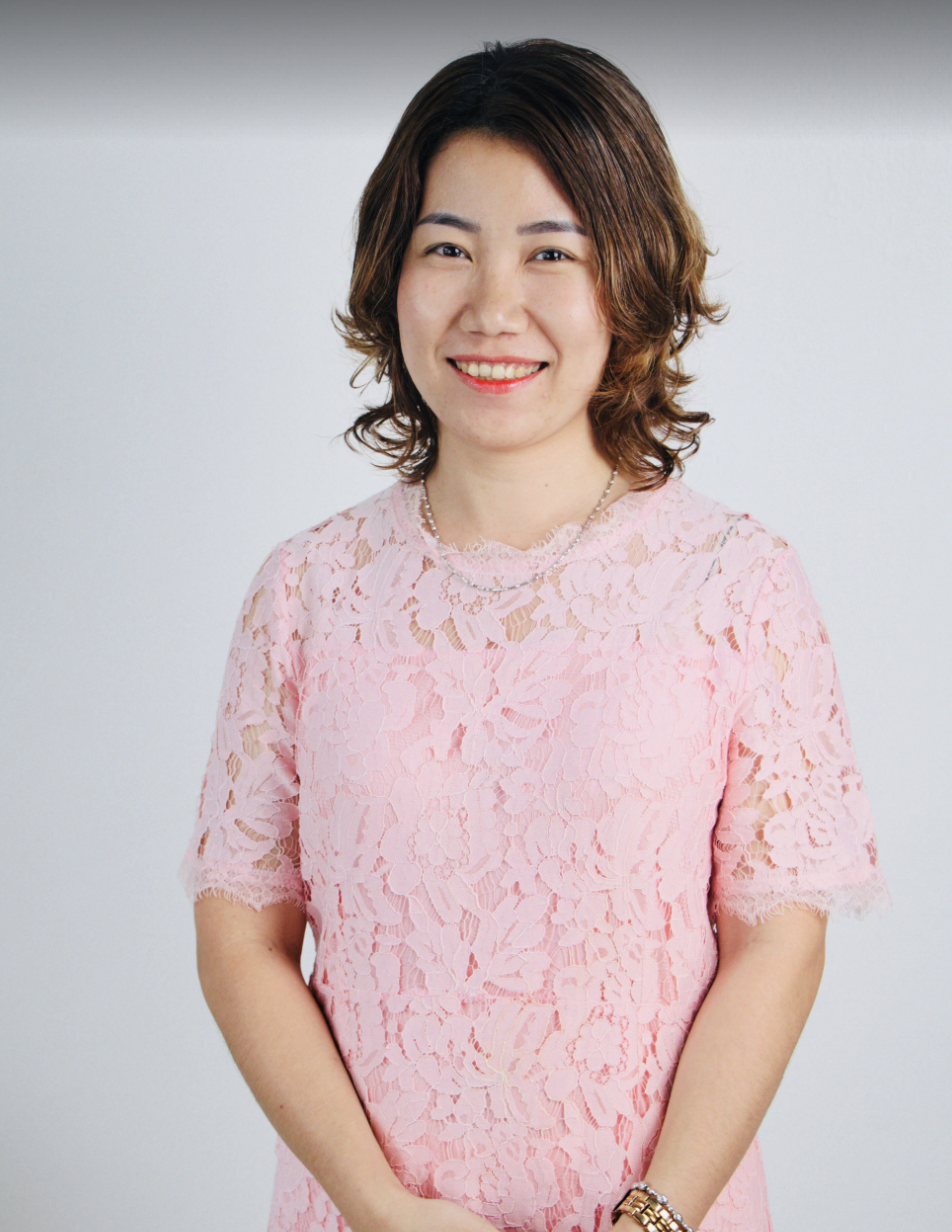Greening Policy
ILGA Asia commits to have a proactive green policy guiding the organization in its day-to-day activities as well as events organized by ILGA Asia. ILGA Asia acknowledges the global and local environmental problems and will do its utmost within its limits to reduce the climate impact as an organization.
This policy serves as an internal purpose for the organization and it sets the standards for the organization’s green thinking. It will be implemented with respect to other organizational policies.
Five guiding principles to achieve resource conservation, waste reduction, and sustainability overall are:
- Conserve energy and other natural resources
- Encourage employees to use mass transit
- Reduce, reuse, and recycle to reduce waste
- Adopt green procurement practices
- Continue to review and minimize the impacts of our activities
Equal Opportunities Policy
ILGA Asia is an equal opportunities employer. It aims to ensure that all full-time and part-time employees, potential employees and other individuals:
Will receive equal treatment, including access to employment, training and opportunities for promotion, regardless of any personal attribute, including but not limited to colour, nationality, national or ethnic origin, race, gender, sexual orientation, gender identity, gender expression, domestic circumstances, marital status, pregnancy, trade union membership, gender affirmation, health status, HIV status, religion or belief, age, sexuality, sex characteristics, bodily diversity, disability, and other statuses.
Will not be disadvantaged by a condition or requirement which cannot be shown to be justifiable.
Scope
- All recruitment publicity aims to encourage applications from all individuals who have appropriate qualifications and/or experience. ILGA Asia will promote its jobs via communication channels accessed by marginalized populations. Selection criteria and procedures will be continually reviewed to ensure that applicants are assessed purely on the basis of their relevant merits and abilities.
- It is against ILGA Asia’s policy to offer discriminatory terms and conditions of employment. All individuals employed in the same capacity will receive equal pay, benefits and other terms and conditions.
- All promotion is strictly on the basis of the ability to do the job. No decision to promote will be made on a discriminatory basis.
- Wherever possible and appropriate, specific training and encouragement will be given to ensure equality of opportunity within the organisation.
- Any age restrictions, which are imposed by ILGA Asia, will be justifiable and non-discriminatory.
- Where employees have difficulties in meeting requirements in relation to working practices, ILGA Asia will, where reasonable alternative options exist, try to devise an alternative. For example, relocate or carry out overtime and shift-work will wherever possible be kept to a minimum and always applied in a non-discriminatory manner.
- ILGA Asia will create opportunities for part-time work or job-sharing wherever possible and ensure that part-time employees receive fair treatment. ILGA Asia will consider all requests for the creation of part-time positions.
- Demands of religion (e.g. prayer time and religious holidays), culture (e.g. traditional dress), menstrual leave, and special dietary needs will be accommodated wherever possible.
- ILGA Asia will, upon negotiation with the employees, strive to assist employees with domestic responsibilities (e.g. young children or dependent elderly relatives).
- Disciplinary action will be taken against any employee who is found, after a full investigation; to be in breach of this policy. Serious breaches will be treated as gross misconduct.
Implementation
- A copy of this policy document will be given to all employees and other workers at the ILGA Asia premises and made permanently available in an appropriate place.
- All employees and other workers have a duty to be aware of this policy and ensure that their behavior is non-discriminatory.
- ILGA Asia’s employment procedures are closely monitored to ensure that this policy works in practice, and where qualifications are equal, preference will be given to ensure that a diversity of the ILGA Asia membership and other traditionally marginalized workers will be preferenced.
Procedure
- If any employee, worker or job application has any doubts or queries about this policy then they should consult the Executive Board.
- If an employee or worker encounters a situation where they feel that they have suffered inequality or lack of opportunity or discrimination, then they can (if possible) explain to the relevant person(s) that their behavior could amount to unequal treatment and/or discrimination and should not be afraid to ask them to stop. However, it is recognized that this is not always possible, in which case any employees and other workers are encouraged to implement the procedure set out below.
- Employees or other workers may, if they wish, discuss any concerns with the Executive Board on a confidential and informal basis. If the informal approach is ineffective, or the individual does not feel it appropriate, the individual is encouraged to submit a written complaint to the Executive Board stating that they feel that they have been treated in breach of this policy. This should be done as soon as possible after the relevant event(s).
The Executive Board
- Will investigate the matter promptly and fully.
- Will investigate the matter with complete confidence so far as this does not prejudice the fairness to both parties of the investigation.
- Will take evidence from any relevant witnesses and carefully consider the appropriate weight to be given to the evidence.
- May, after the investigation has been completed, recommend that a disciplinary procedure is implemented.
Disciplinary Procedure
- Where ILGA Asia considers it necessary, the organization’s disciplinary procedure will be followed against any employee who is believed to have violated this policy. In particular:
- Tell the alleged discriminator what allegations they are facing prior to the disciplinary hearing.
- Give the alleged discriminator copies of any evidence which ILGA Asia will rely upon at the disciplinary hearing.
- Tell the alleged discriminator that dismissal is a possibility if the allegations are so serious that dismissal could result.
- Inform the alleged discriminator in good time and in writing of the date of the proposed disciplinary hearing.
- Appoint an appropriate independent person at the Executive Board level (who did not conduct the investigation) to chair the hearing.
- Notify the alleged discriminator of their right to be accompanied at the hearing by a fellow employee or trade union representative.
- At the end of the hearing, consider whether further investigation is required before any disciplinary action is taken.
- Inform the alleged discriminator in writing of the result of the hearing and, where a complaint is proved, take any appropriate disciplinary action against the discriminator.
- Any disciplinary action taken will be proportionate to the gravity of the discrimination which has taken place.
- ILGA Asia will take all reasonable steps to ensure that any individual who makes a complaint related to unequal treatment, and which is made in good faith, is not subjected to any retaliation or detriment as a consequence of the complaint being made. The entire procedure will be carried out in the strictest confidence and where the complaint has been made in good faith will not prejudice the employee’s future employment in any way.
ILGA Asia Executive Board can be contacted at [email protected].
Whistleblower Policy
ILGA Asia has a high standard of openness, honesty and responsibility. We are proud of our reputation and a well functioning organisation. We expect staff, board, members, partners and others that are affected by our work to report possible threats and serious flaws in the organisation and things that may hurt ILGA Asia. This policy is supposed to facilitate reporting that can lead to ILGA Asia discovering and being able to fix any problems in the organisation. It is part of our quality assurance. The policy complements important steering documents and contains guidelines that apply to the organisation. ILGA Asia’s staff and board members are expected to follow the policy, but those who work for and attend ILGA Asia’s events, meetings, conferences, projects, and other activities can use the same mechanisms to report irregularities.
This policy links to ILGA Asia Anti Harassment and Anti Sexual Harassment Policy and will ensure feedback, transparency and learning which will strengthen ILGA Asia’s accountability as an organisation.
What is meant by wrongs?
Wrongs according to this policy involve illegal or unauthorized behaviour, like the following:
- Unauthorized actions, without prior an proper authorization from the line manager
- Violation of ILGA Asia’s code of conduct
- Actions that go against ILGA Asia’s policies and guidelines or damaging negligence to carry out these steering documents
- Unprofessional behaviour that harms ILGA Asia
- Misleading accounting or accounting praxis
- Actions that may harm a person or a property
- Serious abuse of power or position of trust
- Discrimination and harassment
- Biased handling of conflicts of interest
What is whistleblowing?
Whistleblowing is defined as reporting instances of wrong, dishonest or illegal activity, like waste or losses, error, mismanagement or dishonesty that may harm individuals or our organisation. This may relate to people issues and/or business issues and it could involve stakeholders.
Protection of a whistleblower
The individual addresses a problem according to this policy is expected to:
- Inform ILGA Asia in good faith for the good of ILGA Asia
- Believe that there are good grounds to believe that the problem is true
- Not have a hidden agenda or make false accusations
- Not seek personal or financial gain
A whistleblower is an important asset for ILGA Asia and all of ILGA Asia’s stakeholders and is to be protected with the recourses the organisation has to offer. Retaliation against a whistleblower is not tolerated. The Thai office’s management and the Executive Board should guarantee this. An eventual report that is made out of malice or knowingly on false grounds might however lead to disciplinary action.
Who should you contact?
To report something that pertains to this policy, use one of the following options:
- Contact the Executive Director ([email protected]) or the Executive Board ([email protected]) member you prefer
- E-mail ILGA Asia’s Co-chairs ([email protected]) or Executive Director
If a report refers to the Executive Director and the Co-chairs, one of the board member can be contacted. You can leave a report anonymously, but the contact information of the reporting person is appreciated and eases the investigation.
How ILGA Asia will respond
ILGA Asia will act upon suspicions that are reported according to this policy. To protect everybody involved and those who are suspected of possible offences, a first investigation will be made confidentially to determine if a bigger investigation is needed, and how it should be done. If immediate action is required to stop possible offences and minimize the damage for ILGA Asia, such measures will be taken before an investigation has been conducted.
The Thai office’s management or the Executive Board can initiate an intervention, refer the case to the authorized accountant, take disciplinary measures and/or refer the case to appropriate authorities. The overriding principle that ILGA Asia will base its actions on is the organisation and its members’ interests.
Recommended structure in a whistleblower report
- What has happened? Where has it happened? Be as detailed as possible. When has it happened?
- Who was involved?
- Is it predicted to happen again and in that case when and where?
- Who else might have information about the above-mentioned incident or can have access to relevant information?
- Is there any documentation that can serve as evidence? If so, please include this information.
- Is there any other information that might be relevant or useful for the investigation or in any other way?
Responsibility for this policy
The Executive Director ([email protected]) is responsible for informing about this policy and should see to it that it is followed and revised as needed. In such a case where the Executive Director is the subject of a Whistleblower report, the Co-chairs ([email protected]) will assume this responsibility.
Monitoring and review of policy and procedure
This policy will be monitored and reviewed. The Executive Director is accountable to the Co-chairs for managing and maintaining this policy. The Executive Director is accountable for ensuring that their functional team understands and adheres to this policy in their day-to-day work. Where compliance issues are surfaced, the Executive Director will work with board members to address these issues promptly.
Any updates/revisions to the policy must be endorsed by the Executive Director before their approval by the Executive Board. As part of the annual review and reflection process, ILGA Asia staff will reflect on the learnings from the whistleblowers and constructive feedback received.
Anti Harassment and Anti Sexual Harassment Policy
The Policy Statement
ILGA Asia is committed to providing a safe environment for all its employees, members, partners, contractors, and participants of our events, free from discrimination on any ground and from harassment at work including sexual harassment. ILGA Asia will operate a zero-tolerance policy for any form of sexual harassment in the workplace, treat all incidents seriously and promptly investigate all allegations of sexual harassment. Any person found to have sexually harassed another will face disciplinary action, up to and including dismissal from employment. All complaints of sexual harassment will be taken seriously and treated with respect and confidence. No one will be victimized for making such a complaint.
Definition of sexual harassment
Sexual harassment is unwelcome conduct of a sexual nature that makes a person feel offended, humiliated and/or intimidated. It includes situations where a person is asked to engage in sexual activity as a condition in exchange for a favour/good/service, as well as situations that create an environment that is hostile, intimidating or humiliating for the recipient. Consensual sexual and intimate activity between two or more persons at the workplace, office premises, meetings, conferences, and events is also considered sexual harassment.
Sexual harassment can involve one or more incidents. Actions constituting harassment may be physical, verbal and non-verbal, or through cyberspace. Examples of conduct or behavior which constitute sexual harassment include, but are not limited to:
Physical conduct
- Unwelcome physical contact including patting, pinching, stroking, kissing, hugging, fondling, or inappropriate touching
- Physical violence, including sexual assault
- Physical contact, e.g. touching, pinching
- The use of job-related threats or rewards to solicit sexual favors
Verbal conduct
- Comments on a worker’s appearance, age, private life, etc.
- Sexual comments, stories and jokes
- Sexual advances
- Repeated and unwanted social invitations for dates or physical intimacy
- Insults based on the sex of the worker
- Condescending or paternalistic remarks 2
- Sending sexually explicit messages (by phone or by email)
Non-verbal conduct
- Display of sexually explicit or suggestive material
- Sexually-suggestive gestures
- Whistling
- Leering
- Sharing unsolicited pornographic videos, images or content through digital devices
- Sexual advances or references on social media
Anyone can be a victim of sexual harassment, regardless of their sex, gender, and sexuality, and of the sex, gender, and sexuality of the harasser. ILGA Asia recognizes that sexual harassment occurs between people regardless of their sex, gender, and sexuality. What matters is that the sexual conduct is unwanted and unwelcome by the person against whom the conduct is directed.
ILGA Asia recognizes that sexual harassment is a manifestation of power relationships and often occurs within unequal relationships, for example between manager or supervisor and employee or between a board member and a staff member, or between the event organiser and a participant. Anyone, including employees of ILGA Asia, clients, customers, casual workers, contractors or visitors who sexually harasses another will be reprimanded in accordance with this internal policy.
All sexual harassment is prohibited whether it takes place within ILGA Asia premises or outside, including at social events, business trips, training sessions or conferences sponsored by ILGA Asia.
Complaints procedures
Anyone who is subject to sexual harassment should, if possible, inform the alleged harasser that the conduct is unwanted and unwelcome. ILGA Asia recognizes that sexual harassment may occur in unequal relationships (i.e. between a supervisor and his/her/their employee) and that it may not be possible for the victim to inform the alleged harasser.
If a victim cannot directly approach an alleged harasser, he/she/they can approach the Executive Director of ILGA Asia ([email protected]). If the Executive Director is the person is concerned, they can approach one of the Co-chairs of ILGA Asia ([email protected]). When a complaint of sexual harassment is received, he/she/they will:
- immediately record the dates, times and facts of the incident(s)
- ascertain the views of the victim as to what outcome he/she/they want/s
- ensure that the victim understands the organisation’s procedures for dealing with the complaint
- discuss and agree on the next steps: either informal or formal complaint, on the understanding that choosing to resolve the matter informally does not preclude the victim from pursuing a formal complaint if he/she is not satisfied with the outcome
- keep a confidential record of all discussions
- respect the choice of the victim
- ensure that the victim knows that they can lodge the complaint outside of the organisation through the relevant country/legal framework
Throughout the complaint’s procedure, a victim is entitled to be helped by a counselor referred to by ILGA Asia and the host organization of the event where the incident took place. ILGA Asia will nominate a number of counselors and provide them with special training to enable them to assist victims of sexual harassment. ILGA Asia recognizes that because sexual harassment often occurs in unequal relationships within the workplace, office premises, meetings, conferences, and events, victims often feel that they cannot come forward. ILGA Asia understands the need to support victims in making complaints.
Informal complaints mechanism
If the victim wishes to deal with the matter informally, the designated person will:
- give an opportunity to the alleged harasser to respond to the complaint
- ensure that the alleged harasser understands the complaints mechanism
- facilitate discussion between both parties to achieve an informal resolution that is acceptable to the complainant, or refer the matter to a designated mediator within the organisation to resolve the matter
- ensure that a confidential record is kept of what happens to follow up after the outcome of the complaints mechanism to ensure that the behavior has stopped
- ensure that the above is done speedily and within 5 days of the complaint being made
Formal complaints mechanism
If the victim wants to make a formal complaint or if the informal complaint mechanism has not led to a satisfactory outcome for the victim, the formal complaint mechanism should be used to resolve the matter.
The designated person who initially received the complaint will refer the matter to an internal or external investigator in accordance with this policy. If the case is between a staff member and a board member, the designated person must be an external investigator.
The person carrying out the investigation will:
- interview the victim and the alleged harasser separately
- interview other relevant third parties separately
- decide whether or not the incident(s) of sexual harassment took place
- produce a report detailing the investigations, findings and any recommendations
- if the harassment took place, decide what the appropriate remedy for the victim is, in consultation with the victim (i.e.- an apology, a change to working arrangements, a promotion if the victim was demoted as a result of the harassment, training for the harasser, discipline, suspension, dismissal)
- follow up to ensure that the recommendations are implemented, that the behavior has stopped and that the victim is satisfied with the outcome
- if it cannot determine that the harassment took place, he/she may still make recommendations to ensure the proper functioning of the workplace
- keep a record of all actions taken
- ensure that all records concerning the matter are kept confidential
- ensure that the process is done as quickly as possible and, in any event, within 10 days of the complaint being made
Outside complaints mechanisms
A person who has been subject to sexual harassment can also make a complaint outside of the organisation.
Sanctions and disciplinary measures
Anyone who has been found to have sexually harassed another person under the terms of this policy is liable to any of the following sanctions:
- documented verbal or written warning
- demotion
- suspension
- dismissal
- reported to authority (depends on the country)
The nature of the sanctions will depend on the gravity and extent of the harassment. Suitable deterrent sanctions will be applied to ensure that incidents of sexual harassment are not treated as trivial. Certain serious cases, including physical violence, will result in the immediate dismissal of the harasser.
Implementation of this policy
ILGA Asia will ensure that this policy is widely disseminated to all relevant persons, including all participants of meetings, training, events, and conferences organized by ILGA Asia, members, host organizations and partners. All new employees must be trained on the content of this policy as part of their induction into the organisation. Every year, ILGA Asia will require all employees to attend a refresher training course on the content of this policy. It is the responsibility of every manager to ensure that all his/her employees are aware of the policy.
This policy links to ILGA Asia Whistleblower Policy and will ensure feedback, transparency and learning which will strengthen ILGA Asia’s accountability as an organisation.
Monitoring and evaluation
ILGA Asia recognizes the importance of monitoring this sexual harassment policy and will ensure that it anonymously collects statistics and data as to how it is used and whether or not it is effective. Supervisors, managers and those responsible for dealing with sexual harassment cases will report on compliance with this policy, including the number of incidents, how they were dealt with, and any recommendations made. This will be done on a yearly basis. As a result of this report, the company will evaluate the effectiveness of this policy and make any changes needed.


